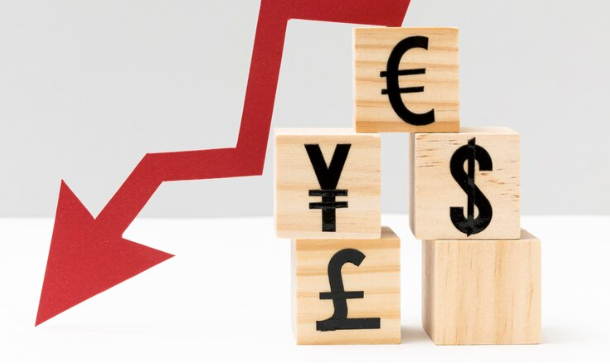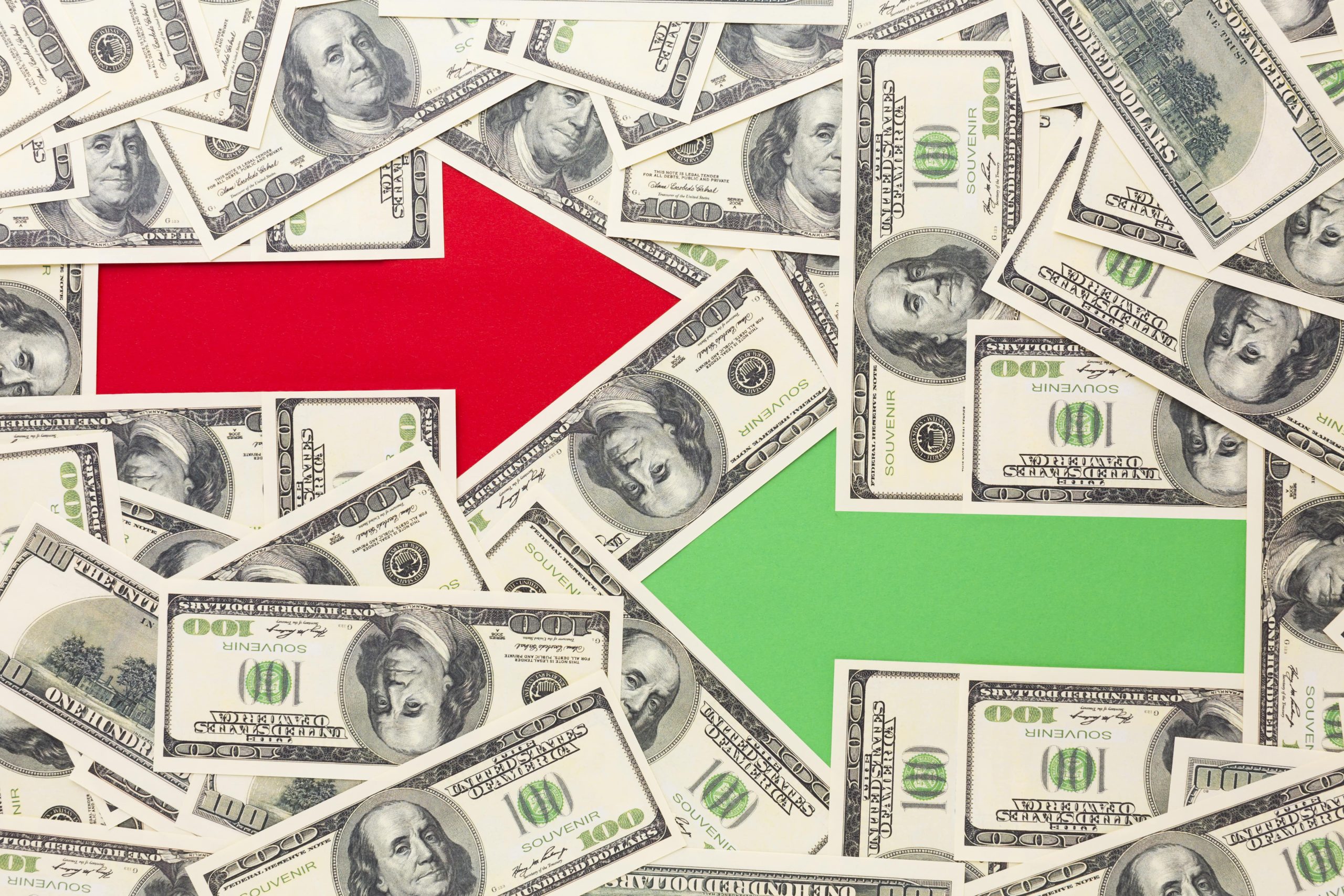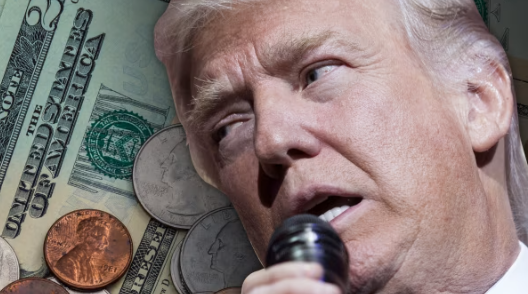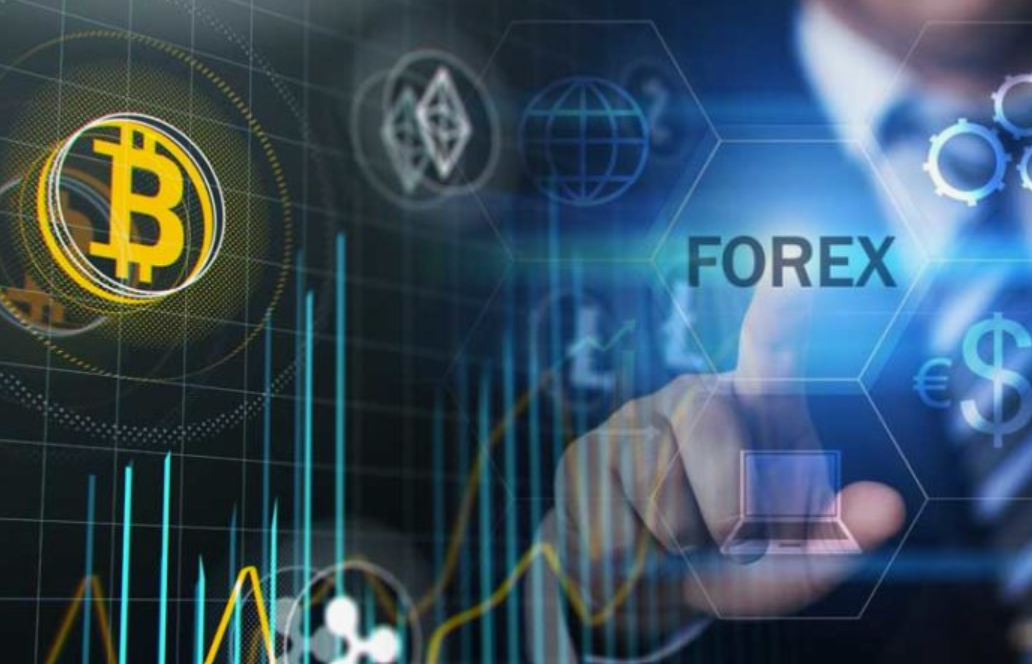Hey, everyone! Today, we’re diving into the world of the Euro. It’s been making some waves lately, and I thought it’d be fun to take a closer look at what’s going on. With all the ups and downs, you might be wondering if there’s any stability in sight for this key currency. So, let’s unpack it together!
Understanding the Euro’s Recent Movements
What’s Been Happening?
The Euro has had a pretty rocky road recently. It’s like a roller coaster ride—sometimes it’s soaring, and other times it’s diving. But why? Well, several factors are at play here, including economic data, political events, and central bank policies.
Key Events to Note:
- Inflation Rates: Inflation in the Eurozone has been a hot topic. Higher inflation usually leads to interest rate hikes, which can affect the Euro’s value.
- Central Bank Actions: The European Central Bank (ECB) plays a crucial role in influencing the Euro. Any news or decisions from them can lead to significant shifts.
- Global Events: Things happening around the world, like trade tensions or geopolitical issues, also affect the Euro.
The Current State of the Euro
As of late, the Euro has shown some signs of stability. It’s been trading within a certain range, which can be a good sign for investors. But does this mean it’s smooth sailing from here? Not so fast!
Factors Influencing the Euro’s Stability
Economic Indicators
One of the first things to look at is economic indicators. These are like the health check-ups for the economy. They give us insights into how well things are doing. Here are some key indicators to keep an eye on:
- GDP Growth: A growing economy usually strengthens a currency. If the Eurozone’s GDP is on the rise, that’s a positive sign for the Euro.
- Unemployment Rates: Lower unemployment can indicate a healthy economy. Higher employment means more spending and investment, which can support the Euro.
- Consumer Confidence: When consumers feel good about the economy, they’re more likely to spend money. This can boost economic growth and, in turn, the Euro.
Political Stability
Another factor influencing the Euro is political stability. Any political unrest or uncertainty can make investors nervous, leading to fluctuations in the Euro’s value. Here’s what to watch out for:
- Elections: Upcoming elections in major Eurozone countries can create uncertainty, impacting the Euro.
- Policy Changes: New government policies or shifts in political leadership can also influence market confidence in the Euro.
The Role of the European Central Bank (ECB)
What’s the ECB Up To?
The ECB is like the central nervous system for the Eurozone. Its decisions can have a massive impact on the Euro’s value. Recently, the ECB has been focused on controlling inflation while trying to support economic growth.
Key Actions by the ECB:
- Interest Rates: If the ECB decides to raise interest rates to combat inflation, it can lead to a stronger Euro. Higher rates can attract foreign investors looking for better returns.
- Quantitative Easing: On the flip side, if the ECB continues with quantitative easing (buying government bonds to increase money supply), it might weaken the Euro in the short term.
Future Outlook
Looking ahead, the ECB’s stance on interest rates will be crucial. If they signal more hikes, the Euro could gain strength. But if they’re more cautious, it might struggle to maintain stability.
Market Reactions and Investor Sentiment
How Are Investors Feeling?
Investor sentiment is another essential piece of the puzzle. When investors feel confident, they’re more likely to buy Euros, boosting its value. Conversely, if they’re worried about economic conditions, they may pull back, leading to fluctuations.
- Bullish vs. Bearish Sentiment: A bullish sentiment means investors are optimistic and expect the Euro to rise. Bearish sentiment indicates they expect a decline. Keep an eye on market sentiment indicators to gauge how investors feel about the Euro.
Personal Insights on the Euro’s Stability
My Take
As an investor, I always look at both the numbers and the news. The Euro’s recent stability is encouraging, but there’s still a lot of uncertainty. It’s like walking a tightrope—one wrong move from the ECB or a major geopolitical event can send it tumbling.
In my opinion, it’s essential to stay informed. I check platforms like FXpricing for real-time data and analysis. They provide insights that help me understand the market better. Whether you’re a trader or just curious about currency movements, having access to accurate data is key.
Investing Strategies for the Euro
If you’re considering investing in the Euro, here are some strategies to think about:
- Diversification: Don’t put all your money in one currency. Spread your investments across different assets to minimize risk.
- Stay Informed: Keep an eye on economic news, ECB announcements, and market sentiment. The more you know, the better decisions you can make.
- Use Tools: Consider using platforms like FXpricing that offer comprehensive financial data and market insights. They can help you track the Euro’s performance in real time.
Conclusion
In conclusion, the Euro’s recent moves have been a mixed bag. While there are signs of stability, many factors can influence its future. Keeping an eye on economic indicators, political developments, and ECB decisions will be essential for anyone looking to navigate this currency landscape.
As always, stay informed, adapt your strategies, and don’t hesitate to reach out for more insights. The world of currency trading is ever-changing, and being prepared is half the battle.
FAQs
Q1: What factors influence the Euro’s value?
The Euro’s value is influenced by economic indicators, political stability, and decisions made by the European Central Bank (ECB).
Q2: How can I stay informed about Euro movements?
Follow trusted financial news sources, utilize platforms like FXpricing for real-time data, and engage in online financial communities.
Q3: What role does the ECB play in the Euro’s stability?
The ECB controls monetary policy, including interest rates, which can significantly impact the Euro’s value and stability.
Q4: Is it a good time to invest in the Euro?
Investment decisions should be based on careful analysis of economic conditions, market sentiment, and your own financial goals.Q5: What are some strategies for investing in currencies?
Diversify your investments, stay informed on market trends, and consider using financial tools that provide real-time data and insights.




